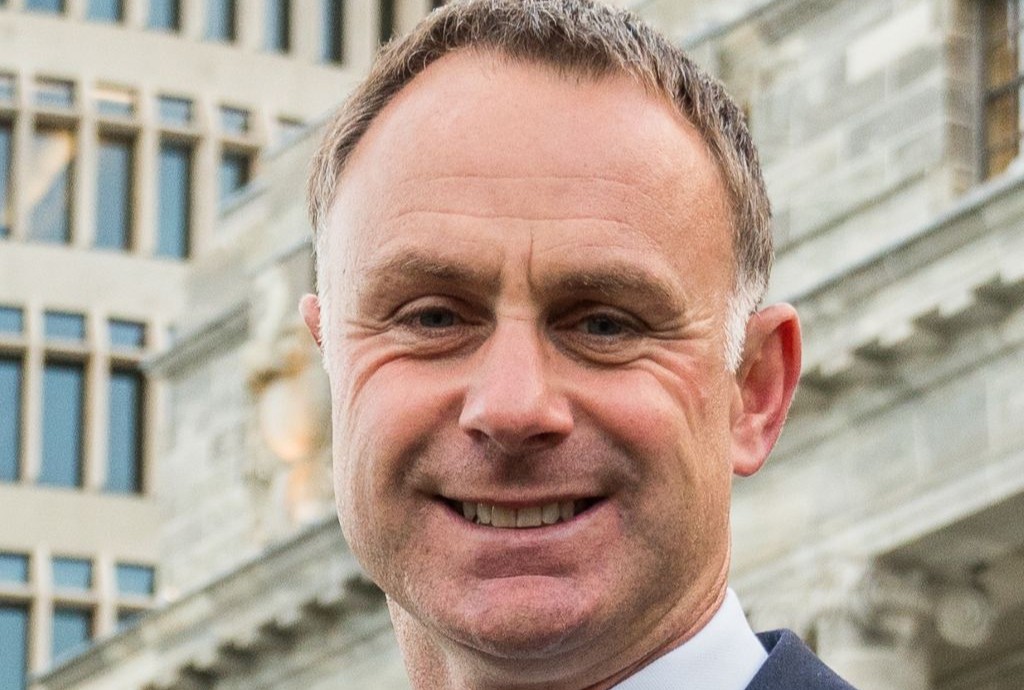Table of Contents
BICOM
BICOM provides accurate, timely and balanced information that is read by officials, experts, journalists and many others.
Hostages deal: After several tense hours, the second batch of hostages were eventually released late Saturday night.
- 13 Israeli citizens and four Thai nationals were released.
- Of the Israelis, eight were children. 12 of the hostages were from Kibbutz Be’eri and one was kidnapped from the Nova music festival.
- On Friday afternoon, the first batch of 13 Israelis (12 of them from Kibbutz Nir Oz) were released along with 11 foreigners, ten Thai citizens that worked in the Kibbutzim and one hostage from the Philippines who was a carer for an elderly man on Kibbutz Nir Oz, killed by Hamas terrorists on October 7.
- Last night, the hostages were handed over to the Red Cross who took them into Egypt and then handed them over to Israeli officials. They were then taken to the Kerem Shalom crossing into Israel, and onto to an Air Force base to undergo a short medical checkup. They were then flown to other medical facilities in the centre of country and reunited with their families.
- In parallel, Israel has released two batches of Palestinian prisoners, 39 each day. All the released prisoners were female or juvenile offenders, imprisoned on terror offences, and charges of attempted murder.
West Bank: Reports from the West Bank say that five Palestinians have been killed in a strike by an IDF unmanned aerial vehicle (UAV) in Jenin. A sixth Palestinian was killed in the Nablus area.
- In the ongoing operations in Jenin, troops arrested Osama Bani Fadl, the terrorist who murdered Shai Nigaker and his son Aviad Nir in a shooting attack in Huwara three months ago.
- A senior Israeli security official said, “we are applying intense pressure with a series of operations not seen in the region for years. The armed terror group in the Jenin refugee camp will disband and be neutralised.”
- Elsewhere in the West Bank, Palestinian militants affiliated with Al Aqsa Martyrs Brigade executed two men accused of collaborating with Israel in the city of Tulkarem on Friday night. The men were identified as Hamza Mubarak, 31, and Azam Juabra, 29.
- Crowds stomped on their bodies and the militants attempted to hang them from an electrical tower before ultimately throwing them over the walls of a UN school.
Threat from Yemen: There were reports early evening yesterday of aerial explosions and air defence activity over Eilat, in southern Israel.
- The IDF confirmed that two “suspicious aerial targets” were intercepted over the Red Sea, and that “the possibility that this is a false identification is being investigated.”
- Eilat has come under attempted rocket fire from the Iran-backed Houthis in Yemen and from Syria on multiple occasions since October 7th.
Context: The delay in the release of the second batch has largely been interpreted as a Hamas power play, and proof that they are still in control in Gaza.
- That Hamas would jeopardise the pause in the fighting by failing to bide by the terms of the hostage release is being interpreted by some as an indication that its state of desperation has been exaggerated.
- During the afternoon, Hamas had claimed that Israel had not allowed the agreed amount of aid trucks to enter into Gaza, this claim was rejected by the Egyptians and the Red Cross that monitored their entry.
- Hamas also claimed that a proportion of the trucks must also reach the northern part of the Strip. International mediators acknowledged that this happened, though it should be noted that Israel is not present in the southern half, so not in control of truck movements there.
- Hamas also disputed the priority order of the prisoners released, claiming they had expected the longest serving prisoners to be released first.
- Hamas flags were prominently seen in celebrations of the release of the Palestinian prisoners, despite Hamas being outlawed in the West Bank as opponents of the ruling Palestinian Authority.
- On the Israeli side, one of the children was released, but without her mother. This is a breach of the agreement, that Israel had insisted mothers and their children would not be separated.
- There remains concern that Hamas will try further attempts to manipulate the agreements.
- One of the released hostages, 9-year-old Emily Hand, has dual Israeli-Irish citizenship. Irish Prime Minister Leo Varadkar has been widely criticised in Israel for his comment that “an innocent child who was lost has now been found and returned, and we breathe a massive sigh of relief.”
- Although Prime Minister Netanyahu announced that the deal would also include Red Cross representatives visiting all those that remain in captivity, this has not yet happened. Israeli commentators are speculating whether this had been agreed by Hamas or is just wishful thinking on the Israeli side.
- If the Red Cross were to be given access, this would potentially provide valuable intel on the hostages’ condition and locations.
Looking ahead: The third batch of released hostages are expected to be released this afternoon.
- Negotiators are still working to see if more hostages can be released beyond the forth batch and if the pause in fighting can be extended for another day or two.
- Amid concerns that it will be difficult to restart fighting after a pause which is set to last a minimum of four days but which could last much longer if more hostages are released, Israel insists it will resume its operation.
- IDF Chief of Staff Lt. Gen. Herzi Halevi said “the pause we have now—we’re using it to study, we’re using it to better prepare our capabilities and also to rest a bit. And we’ll revert immediately upon the end of the ceasefire to attacking Gaza, to manoeuvring in Gaza. We’ll do that both in order to dismantle Hamas and to create very great pressure to bring home as quickly as possible as many hostages as possible.”
PODCAST
Episode 221 | Iranian Regional Aggression
In this episode, Richard Pater speaks to Behnam Ben Taleblu about Iranian regional aggression. They discuss the structure of Iran’s proxy network, the extent of Iranian knowledge of Hamas’s plans for October 7th, and the effectiveness of the Biden Administration’s Iran policy. Ben Taleblu is a senior fellow at the Foundation for the Defence of Democracies where he focuses on Iranian security and political issues. A native Farsi speaker, he has testified before the US Congress and Canadian Parliament.
Listen on Apple Podcasts, Spotify and Google Podcasts
Fathom Articles“What makes the Palestinian predicament special is displacement, occupation and fragmentation – the outcome of their defeat in three Arab-Israeli wars” | Fathom Interview: Dr Shany Mor – Read here
In Memory of Vivian Silver (1949-2023) – Read here
“Israelis and Palestinians don’t fully recognise the trauma the other is living in right now” | Fathom Interview: John Lyndon – Read here
Gaza After Hamas: A Proposal for a Palestinian Future – Read here
“Hamas was expecting Hezbollah to follow… Hezbollah and the Iranians were planning to overwhelm Israel” | Fathom Interview: Hanin Ghaddar – Read here









